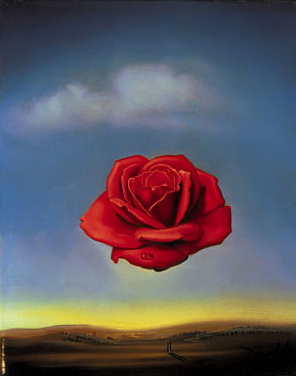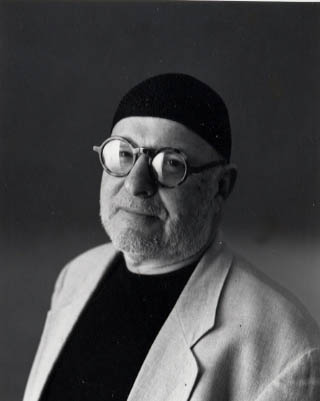
| Fiction | Essays | Poetry | The Ten | On Baseball | Chapbooks | In Memory |
|
writers on the creative life featuring Michael Gruber
1. When did you start writing? As a kid. I started doing my own comic books at about nine, and I was fortunate to go to a New York City high school in which writing talent had the same cachet as quarterbacking does in Texas. I was the class writer and everyone assumed I was going to be a literary star. I accordingly chose a college (Columbia) which had by reputation the best English department in the country, and imagine my surprise when I was told that everything I liked, and all the writing I had done and aspired to do, was hopeless trash. Characters? Plots? Beginning-middle-end? Fuhgeddaboudit, as we used to like to say in my neighborhood. As of a result of this education, I was put off writing any fiction at all for twenty-five or so years, and I am still somewhat embarrassed that I don't get the whole modernist deal. The novel is dead, as we all know, but I still feel compelled to write enjoyable corpses. 2. What is your writing routine like? I procrastinate from the time I get up until just before noon, and then I bring what I am working on to the computer screen and stare stupidly at it for a while. Then it is time for the lunch break. After lunch, I relax from the morning's staring until about two, when I start feeling antsy and that I am a miserable lazy bastard. Then I start getting nauseous, fearing that I will never write again and have to work as a greeter in WalMart. Around two-thirty I start writing. I keep checking word count and when I have over a thousand words, I stop. Usually that's about four-thirty. 3. Who are some of your favorite writers, and which writers have had the strongest influence on you? Among literary novelists, I like Naipaul, the Margarets Atwood and Drabble, Byatt, Pat Barker, Robertson Davies, Richard Powers In the genre ghetto, my favorites are George Higgins, Elmore Leonard, Nicolas Freeling, Lawrence Block, Iain Banks, Connie Willis. As for influence, I steal most heavily from the last person I have been reading before I sit down to write. This gives my works a somewhat uneven, but perhaps intriguing texture. 4. Besides writing, what are you most passionate about in your life? Not much, I'm afraid. I have no hobbies, few friends, children grown, I rarely travel (although I just spent two months in Rome) and most of the time I sit at home and write, read, and think about writing. I like my dog, but I would not call our relationship passion. I speak here only of myself, of course. I shoot rats in my garden from my office window, using a fancy German air rifle, although I would not call that a hobby. I live overlooking a marina, and sometimes I think about buying a boat, but I never do. Perhaps virtual boating is my hobby. 5. What kind of music do you enjoy, and do you find that music has an influence on your writing? Like everyone else, I enjoy the music that was popular when I first became sexually active, which in my case was long long ago back around the origin of rock and roll. In general nowadays I like music that is lyrical and not too loud. Music doesn't so much influence my writing as it does the lives of the characters I create. Occasionally, a line in a song will advance a plot. I know next to nothing about anything that could be called contemporary music. 6. Where are your favorite places to travel? I like to go to NYC once or twice a year to see if I can still take it and to see all my friends who still live there. 7. Where do your best ideas come from, or, what creates your most inspired state? I have no idea. I suppose they come from reading and experience, ultimately. I mean, where else could they come from? I tend to have hypnogogic states late at night and just before awakening, and writing ideas often come to me then. 8. Do you have any interesting vices that you'd care to share, and have they helped or hindered your writing? I like smoking. The sight of the smoke curling up to the ceiling seems to stimulate the words to come out. Although I don't smoke nearly as much as I used to. I am too old to have interesting vices any more. 9. Yeats said that the only things worth writing about are sex and death -- what would your list include? God. Why are we here? What's the ultimate nature of reality? Is there any meaning? Is it still possible to find a real bagel anywhere in the world? Sex and death are good, too, but I always keep in mind Woody Allen's famous distinction between the two: after death you're not nauseous. 10. What's next for your writing?
Yet another novel, this one about a young street kid who becomes a modern Joan of Arc in a nasty corner of the world.
|
| Home | Contributors | Past Issues | Search | Links | Guidelines | About Us |

|
|
|

|


